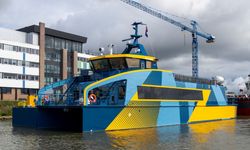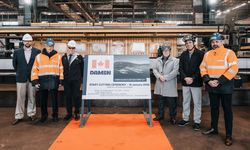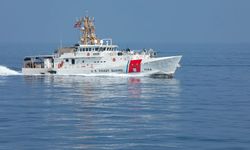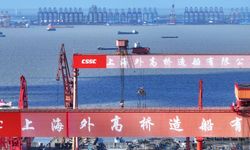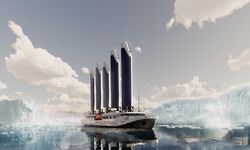The tugs, based on the ElectRA 2500-SX design from Canadian naval architect Robert Allan Ltd, will each have a bollard pull of 70 tonnes and a speed of around 12 knots. They are equipped with battery banks producing 5,085 kWh and are supported by backup diesel generators for fire-fighting and extended-range capabilities. The vessels will accommodate up to eight crew members, with fuel and water tanks of 54m³ and 18m³, respectively.
The four tugs, identified as hull numbers 379, 380, 381, and 382, are expected to serve BOTAŞ’s operations at the Marmara Ereğlisi LNG Terminal and the Saros FSRU Terminal, both key facilities for Türkiye's energy infrastructure.
Cem Seven, Vice Chairman of Sanmar Shipyards, highlighted the significance of transitioning to environmentally friendly fuels in line with the International Maritime Organization’s (IMO) 2050 net-zero emissions targets. He emphasized that electric drive systems are becoming the preferred solution for tugboats in port operations.
Erdinç Deli, LNG Operations Manager at BOTAŞ, underlined the importance of the project in supporting Türkiye’s energy security and aligning with the country's National Energy Efficiency Action Plan, which aims to reduce fossil fuel use in the maritime industry.
The ceremony concluded with a commemorative plaque presentation to BOTAŞ representatives, marking the start of this environmentally focused project.
Sanmar’s ElectRA series, developed in collaboration with Robert Allan Ltd and Corvus Energy, represents the company’s commitment to building sustainable, low-emission tugboats for the future of the maritime industry.

